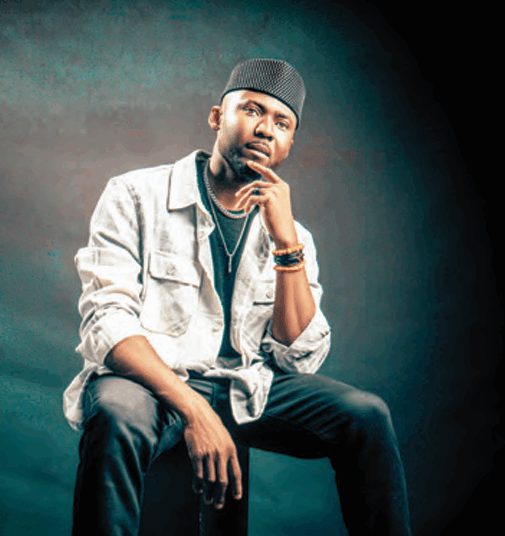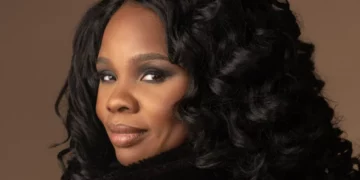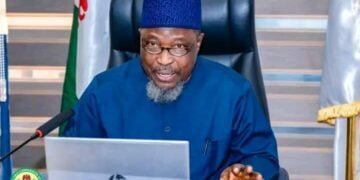Nigerian-born mathematician and artistE, Professor Lawrence Udeigwe, is redefining the boundaries of academia and art. A faculty member at Manhattan College and a researchER at the prestigious Massachusetts Institute of Technology (MIT), Udeigwe is now channelling his deep understanding of numbers and the mind into sound.
His upcoming album explores the rich intersection of rhythm, lyrical expression, and cognitive science—offering a unique blend of intellect and artistry that challenges the conventional divide between STEM and the arts.
According to Udeigwe, the album is a reflection of both his musical soul and his scientific intellect, a fusion that speaks to his dual passions.
He said with plans to perform the project in a wide range of venues, from music festivals and academic lecture halls to cutting-edge AI conferences, he envisions the album as more than just an artistic release. It’s a conversation starter—an invitation to explore how music can foster interdisciplinary dialogue across science, technology, and the humanities.
Critics have commended Udeigwe’s ability to harmonise two distinct worlds—mathematics and music—with remarkable dexterity.
“Best known in academic circles for his sharp analytical skills, Udeigwe is equally passionate about his parallel journey in music, particularly jazz—a genre that has become a vehicle for his deepest expressions and cultural connections,” said an art critic who prefers anonymity.
While many would see the sciences and arts as opposing forces, Udeigwe views them as complementary.
He said, “Mathematics trains my mind to appreciate structure and precision, while music calls for emotion and expression,” he says. It’s not a balance I try to strike anymore. Instead, I let both worlds inform and enrich each other.
“Music has always been the language of home for me. Growing up in Nigeria, I was surrounded by rhythm—the intricate call-and-response of traditional songs, the groove of highlife at neighbourhood gatherings, or the syncopated patterns in everyday speech and movement. I sang in my secondary school choir, but it wasn’t until my undergraduate years in the U.S. that I began composing and performing my music. For me, music became a way to hold onto culture.”
Asked how he strikes a chord of balance between mathematics and music, he said, “I used to try to create a balance, like mentioning my music to colleagues and students as separate from my math. But I don’t try





